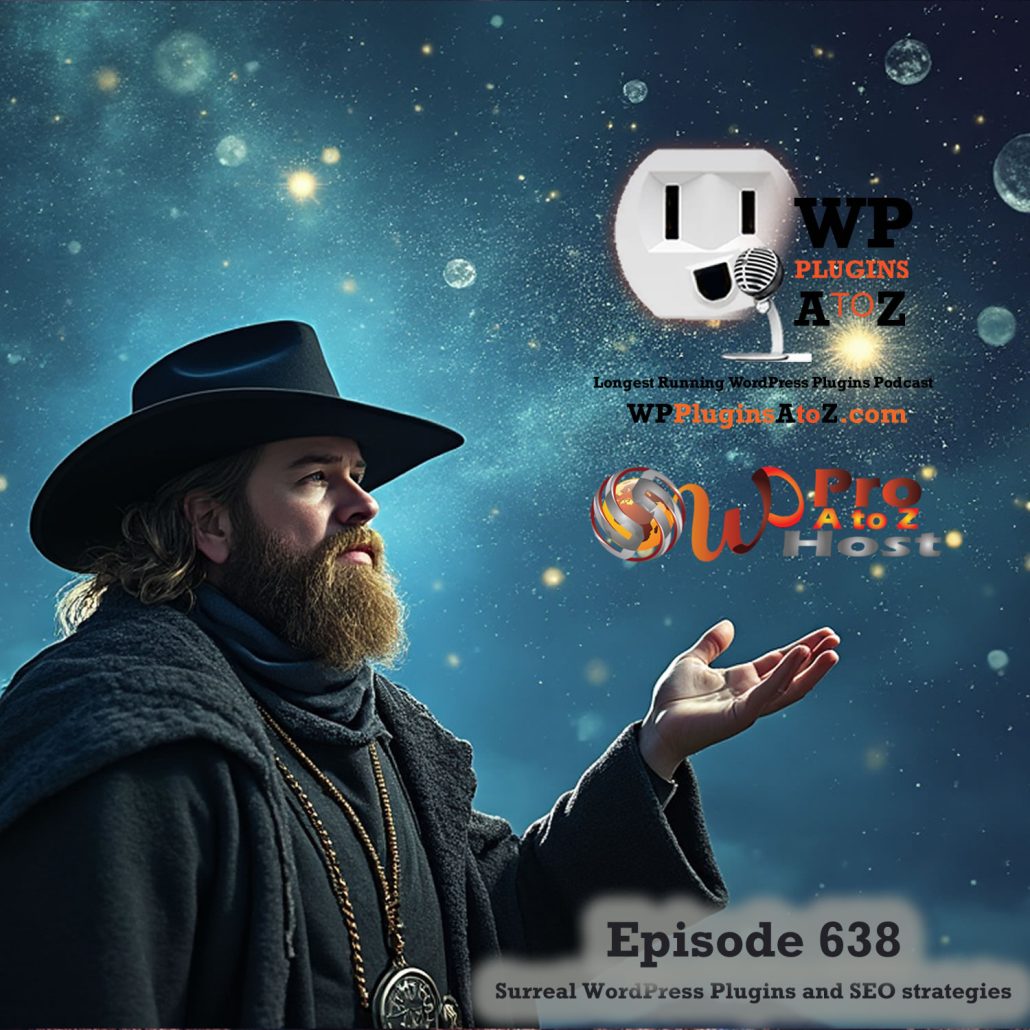By John Metzler
Small business owners may not have the resources to invest heavily in their web presence and finding solutions to problems can be like finding a needle in a haystack. You know something’s wrong but don’t have the faintest idea how to fix it. Is it a technical issue? Are your ads not performing well? Don’t know what kind of traffic you’re getting? Website problems can fall into a myriad of categories. So if you think your website sucks, a) it probably does, and b) you should read on.
1. You Aren’t Getting Traffic
You’re excited about the big, expensive job the design team just finished on your site. It looks like a million bucks! Well it’s a shame it isn’t making you a darn cent. Just because it exists doesn’t mean people know about it. Announce it to the world by submitting it to reputable directories and sharing your useful content with others on social bookmarking sites (you do have useful content, don’t you? If not, I’ll cover this later). You can even do some link exchanges — provided the sites you exchange with are reputable — just to get your site crawled early on. Further optimize it for search engines by following good SEO practices, building quality content and generating inbound links from other sites. Once you do that, you’ll need to monitor progress with web analytics software. Google Analytics is free and it has a slick interface. And we know you like pretty things seeing as how you broke the bank on your web site design.
If you’re looking for high ROI, invest your own time in learning search engine marketing. Better yet hire a qualified SEO firm if you have the budget for it. Don’t settle for quick-fix promotional ideas. Build long-term exposure and a solid reputation by attaining high rankings, keeping email/newsletter lists, targeted ad placement and social media participation.
2. You Have Worthless Content
What defines worthless content? Without knowing what topic your web site covers it’s tough to say, but if you have nothing that sets you apart from your top competitors then I’d say you aren’t in good shape. If you don’t know what kind of content people are looking for on the Internet today, take a peek at what’s popular on social bookmarking sites. Observe some of the story titles on the front page of Digg.com:
- “Guinness Stout Beef Stew Recipe for St. Patrick’s Day”
- “In Move to Digital TV, Confusion Is in the Air”
- “Kim Jong-Il Interprets Sunrise As Act Of War”
- “Automatic bacon dispenser?”
- “The 5 Best Obama Photomosaics on Flickr”
Words I would use to describe these topics, in order, are: seasonal, informative, satirical, comical, and trendy. This information is popular because it’s appealing in its uniqueness and is relevant to today’s market. To set yourself apart from your competition, you need to get creative. If you’re the kind of person who had trouble painting by numbers, then hire someone creative. Professional copy writers can be well worth the investment. Create free tools your customers will want to use; write funny or interesting commentary in a blog about your industry; put a new spin on a traditional product or service or offer seasonal discounts. Create a comprehensive F.A.Q. on your site that covers topics your competitors don’t.
Take the time to beef up your content. Be innovative – don’t be afraid to think outside the box. Use the top competitor in your field as a measuring stick.
3. You Have No Call-to-Action
Poor promotional language can have a sabotaging effect if visitors aren’t drawn to your conversion pages. A conversion page is any page that acts as the final step in a visitor submitting a form, making direct contact or purchasing a product online. Obscuring those pages or confusing the visitor on where to go next can make them leave your site. Internet users have a short attention span – give them a clear direction when navigating your web site.
Use your web analytics software again to find out what pages visitors are landing on first. If your home page gets the most traffic, make sure there are clear links to your sub-topics. If inner pages are your most popular landing pages, find out if the traffic is targeted. Once you know the type of visitor and the specific page they land on, then you can start marketing your content more accurately.
The bottom line is to always make clear why, and how, visitors can buy your product. Don’t get too cute with multiple steps, options or convoluted language.
4. You’re Getting Traffic But No Sales
Are you sure the traffic is relevant? If you’re running a pay-per-click campaign, ensure your ads are geo-targeted properly and your ad text or landing pages appeal to your customers. For organic search engine placement, have you done keyword research and analysis before optimizing your content? Look at your web stats and see where your visitors are coming from. What keywords were they searching for when they landed on your site? Are the referring sites relevant to your industry or topic? How much time does the visitor spend on each page? Sales won’t come if your visitors aren’t interested in what you’re selling. This is why preliminary keyword analysis is so important to search engine marketing.
If you’re running ads it’s always good practice to experiment with different ad campaigns. If you put all your eggs in one basket you run the risk of losing out on potential revenue. Elements of your ads that you can change are:
- ad text
- landing page
- specific network your ads are shown across
- topics on which you focus the campaign
- geo-locations targeted
Remember, it doesn’t pay to skimp on initial product/market research and analysis.
5. You’re Getting Relevant Traffic But No Sales
This problem could signal a technical error or navigation problem with your site. Make sure you thoroughly test all functionalities on various web browsers and systems. Submit test forms. Do a link check to spot possible broken links. Is your web hosting service reliable?
If you’ve ruled out technical issues as the cause then turn your attention to the content and customer base. Has your market taken a downturn? Can the lack of sales be attributed to the poor economy? Have you fallen behind your competition in product quality, selection or pricing? Does your web site’s navigation system confuse users? Your web site is the first line of contact between the business and potential customer, but it’s not the only step you need to worry about. Telephone operators or online payment systems can present their own issues.
This is moving away from web site problems but if any part of the sales process takes place away from the site, investigate those areas of your business as well.
If you’re pulling out your hair over a problem with your site and these tips still haven’t helped, feel free to post a comment and I’ll personally have a peek at your site.
With eight years in the search engine marketing industry, John Metzler of FreshPromo knows what works and what doesn’t regarding website success. His strong grasp on visitor usability and analysis, along with a highly-skilled SEO perspective, can be seen through his professional SEO services. Read the FreshPromo blog for more free tips and commentary.
This article courtesy of SiteProNews.com



